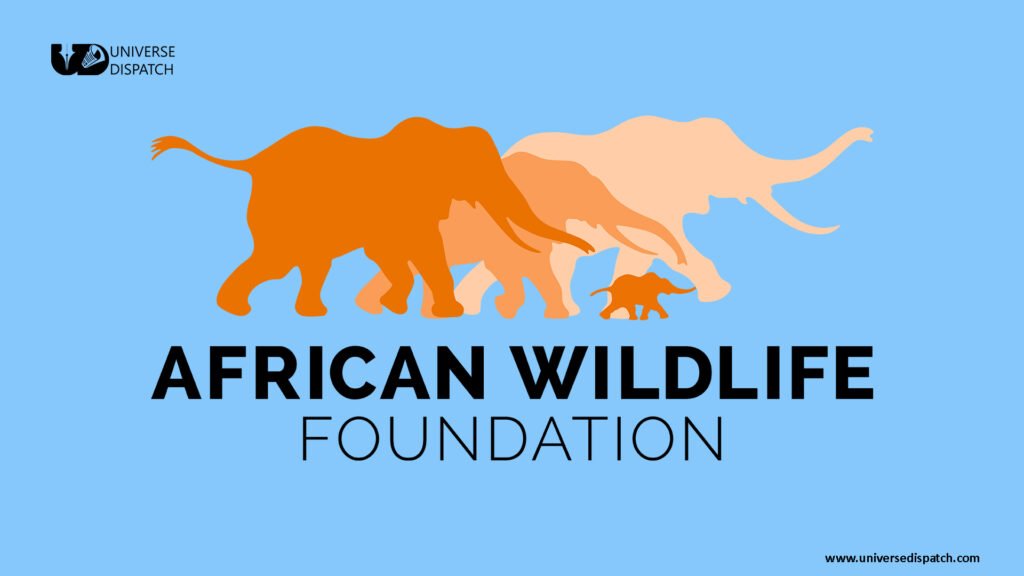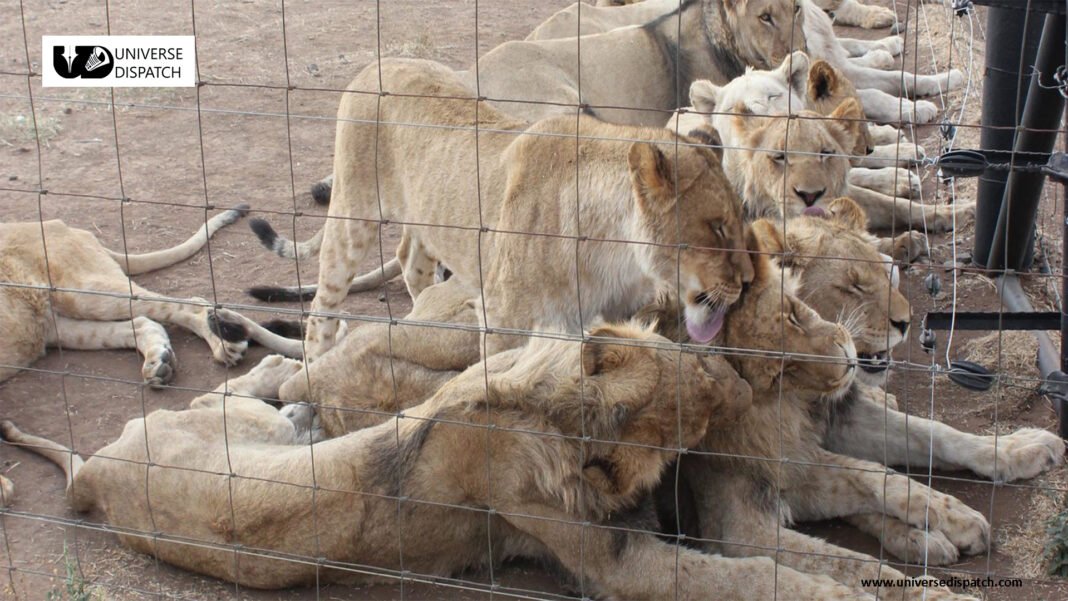South Africa to crack down on domestic breeding of lions;
South Africa to crack down on domestic breeding of lions. Following a study of the contentious activity, the South African government declared on Sunday that. It would take action to prohibit the breeding of lions in captivity. Lion breeding is fairly popular in the region, with many of the animals eventually being slaughtered by trophy hunters.
Preventing the hunting of captive lions is in the interests of the genuine wild hunting industry. Which will improve the hunting economy, our international prestige. The employment that it provides South African Minister of Forestry. Fisheries and the Environment Barbara Creecy said in response to a nearly 600-page wildlife study that highlighted the activity. The report has written by a 26-member commission appointed by the ministry in 2019. A ban on captive lion breeding would guarantee that “tourists would not kill animals that taken out of the enclosure. The panel also recommended that captive rhino breeding phased out and that rhino horn stockpiles be evaluated.
African Wildlife Foundation;

South Africa is the only country that allows large-scale lion breeding. Where the animals often housed in cramped cages or enclosures. Later, the lions will hunt or sacrificed by the farm so that their bones can sold to Asia. Any of the animals have already taught to communicate with visitors and encourage them to pet them. According to conservationists, an estimated 8,000 to 12,000 lions kept in captivity by 350 farms. In South Africa, about 3,500 lions in the wild. However, The World Animal Protection Africa organization praised the South African government’s action as “courageous.” Conservationist Louise de Waal, who worked on a documentary about lion breeding.
De Wall also studied the transmission of infectious diseases on lion farms. She claims that the procedure could result in the transmission of zoonotic viruses from animals to humans, posing a significant health danger. According to the African Wildlife Foundation (AWF), almost 200,000 lions roamed Africa a century ago. But lion numbers have declined by 43% in the last two decades. In order to conserve lion species, the AWF works to defend lion habitats and keep them safe from humans and livestock.




